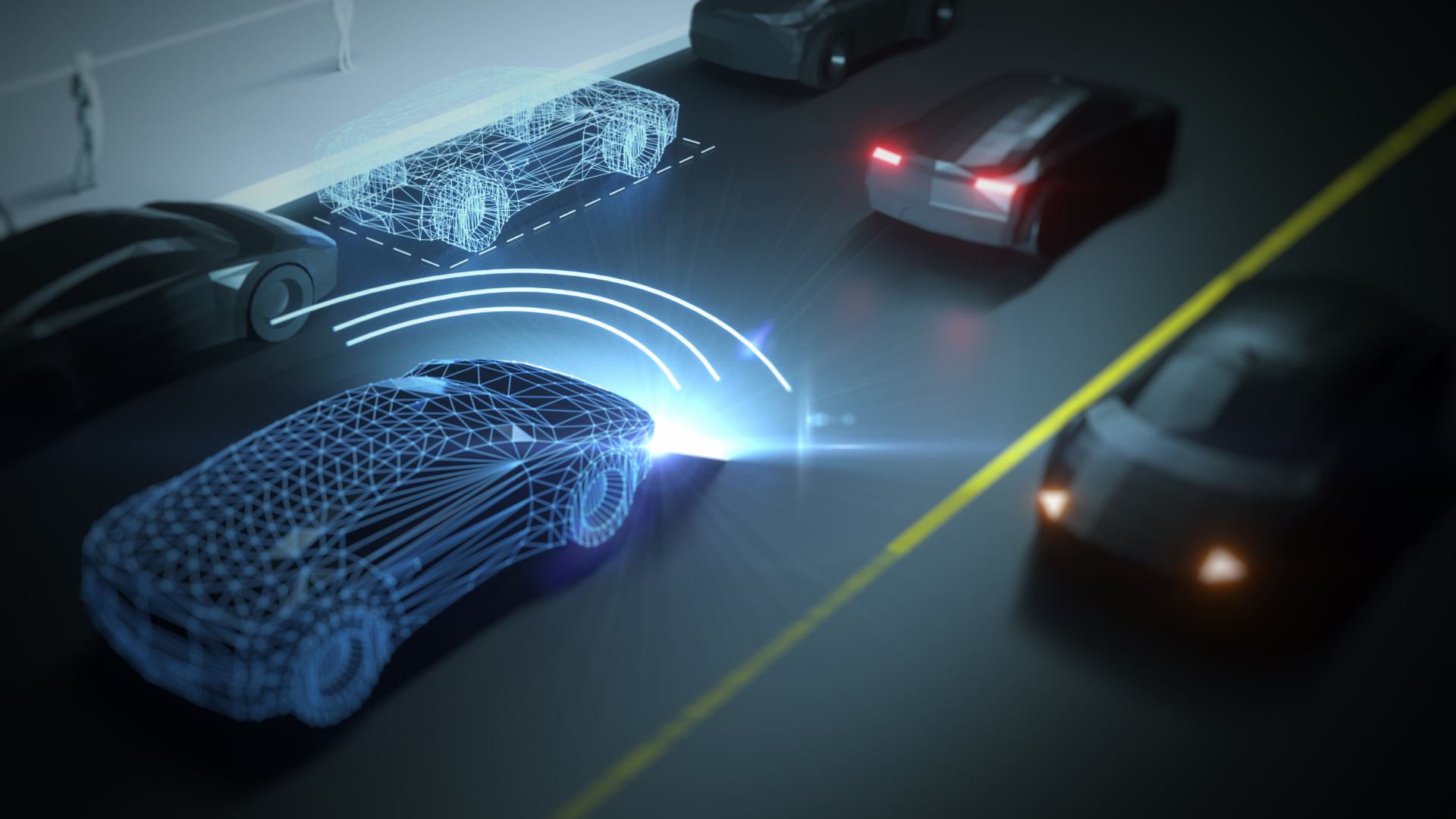What Does 5G Mean for the Transportation Industry?
We’re all pretty excited about 5G-the next-generation networking standard that will bring faster mobile connectivity to more places and devices. But what is it? It’s a big deal for consumers, but it will mean faster connectivity for vehicles, smart cities and autonomous vehicles, and connected cars for business. It’s not just about speed, though-5G will open up new possibilities for other new technologies, including the Internet of Things, artificial intelligence, virtual reality, autonomous driving and robotics, and big data.
What is 5G?
5G is a new wireless technology that’s gradually reaching its stride. Unlike 4G LTE (the current wireless standard), which uses radio waves and phone signals, 5G (which stands for fifth-generation) is expected to use high-frequency millimeter waves that travel through the air. It’s designed to deliver data at speeds up to 100 times faster than 4G LTE and reduce latency and provide a better user experience.
The arrival of 5G (next-generation) mobile network technology will dramatically change how we use our mobile devices and connect to the internet. With it will come numerous benefits, including higher speeds, reduced latency, a new way to connect to other devices, and a way to provide previously unavailable services.
But, what does 5G mean for the transportation industry?
More Effectively Track Data
The rise of 5G technology presents a transformative opportunity for the transportation industry to leverage data-driven risk management strategies and potentially reduce insurance premiums for fleets. With 5G’s high bandwidth, low latency, and massive connectivity capabilities, fleet operators can gain unprecedented visibility into their operations through real-time asset tracking, predictive maintenance powered by advanced analytics, comprehensive driver behavior monitoring, and environmental monitoring for informed decision-making. By demonstrating a commitment to safety and risk mitigation through these data-driven approaches, fleets can improve their overall safety records, extend vehicle lifespan through predictive maintenance, address high-risk driver behavior, and provide companies offering Truck Insurance for Small Businesses (as well as large ones) with accurate risk assessments, potentially leading to lower insurance premiums for well-managed and proactive fleets.
Faster data speeds and lower latency
The next-generation 5G mobile wireless technology will bring with it many benefits, including much faster data speeds and lower latency, and a host of new business opportunities. Besides being a game-changer for the telecom industry, it will also enable new forms of transportation and logistics at a time when the competition is rapidly innovating in these areas. For example, drones can fly much closer to people and buildings, potentially lowering the cost of delivery by as much as 50%. Drones could also be used to deliver medicine and medical supplies, especially in areas with very strict transportation regulations.
Visibility and Control Increases
It may be that the 5G networks can provide such a fast, reliable, and cost-efficient service that they will be used by businesses and consumers alike. A lot depends on whether or not 5G can be made to work at reasonable prices. Since it is expected that it will work at much higher speeds than existing 4G networks, the demand for faster speeds may be high enough to attract companies’ attention.
Enhanced Safety and Reliability
5G, less commonly known as the fifth generation of wireless communication, is expected to improve our lives and the way we work, play, and even travel. It is supposed to enable users to stream videos and music in real-time to their mobile devices and enable driverless cars to communicate with one another and with the front-end vehicle. Still, it is also expected to enable new applications that will change our lives.
Autonomous Vehicles
The global economy is changing faster than ever: the emergence of 5G networks, autonomous cars, and an increased reliance on intelligent transportation systems will all impact the way we move and how we work. This will be made further easier to manage if the concerned business has an IoT Connectivity Provider to help with the seamless network. Moreover, when 5G networks enter the mainstream, we can expect widespread use across the globe in the next few years.
The world is getting faster, and with it, more people are going to demand faster and more efficient transportation options. But, the range of options at our disposal is pretty limited. Fast and efficient cars are one of the few options, and they are not really practical for most people. Buses, trains, and trucks are still the most common forms of transportation, despite being not very fast and do not offer a lot of space. There are some exceptions: air travel has been steadily gaining popularity, while drones are slowly replacing private vehicles.
We live in an era where automation is at the forefront, whether in the form of automated assembly lines or smartphone apps; these technologies affect how we live, work, and ultimately, how we drive.

